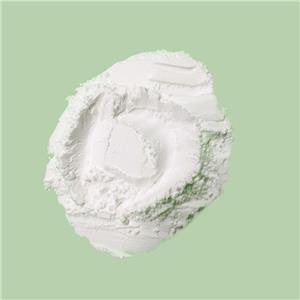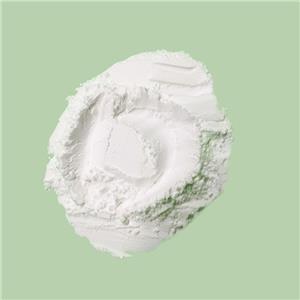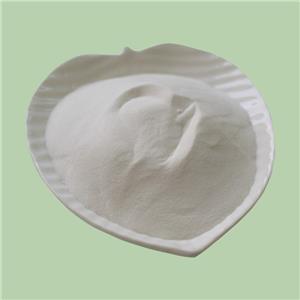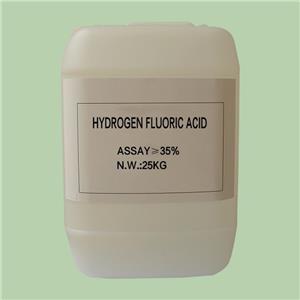The Use of Fluoroboric Acid as a Stabilizing Agent for Diazonium Salts
Diazonium salts, featuring the -N≡N- moiety, are crucial intermediates in various organic synthesis reactions. However, due to their inherent reactivity and instability, the use of stabilizing agents is essential to prolong their shelf life and enhance their handling safety. One such stabilizing agent widely employed in this context is fluoroboric acid (HBF4). This article explores the principles behind using fluoroboric acid as a stabilizer for diazonium salts and delves into its broad applications.
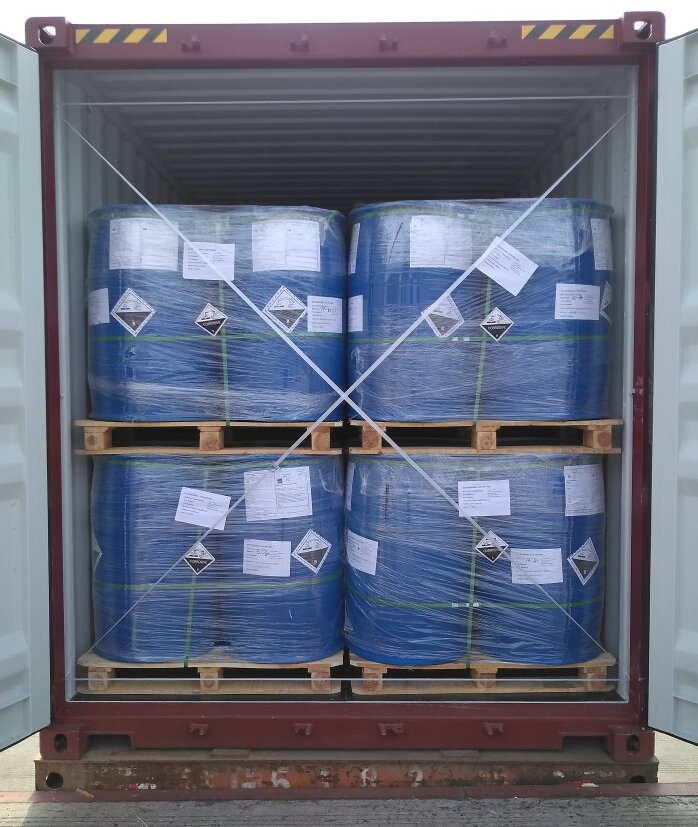
Fluoroboric acid functions as a stabilizing agent for diazonium salts primarily through the formation of stable complexes. The coordination between fluoroboric acid and diazonium salts involves the interaction of the fluorine atom with the nitrogen atoms of the diazonium group. This coordination imparts stability to the diazonium salts and impedes their decomposition reactions.
The presence of fluoroboric acid introduces additional stability by participating in hydrogen bonding and ionic interactions with the diazonium ions. These interactions create a protective environment around the diazonium moiety, hindering its decomposition pathways.
Benefits of Fluoroboric Acid as a Stabilizing Agent:
1、Complex Formation: Fluoroboric acid readily forms complexes with diazonium salts, creating a stable environment that impedes their decomposition. The formation of these complexes is a key aspect of the stabilizing mechanism.
2、Enhanced Stability: The presence of fluoroboric acid increases the overall stability of diazonium salts by minimizing their tendency to decompose. This enhancement in stability is crucial for extending the shelf life and reactivity of diazonium salts during chemical reactions.
3、Inhibition of Decomposition Reactions: Diazonium salts are prone to decomposition with the release of nitrogen gas. Fluoroboric acid inhibits this decomposition process, slowing down the release of nitrogen and preventing the rapid degradation of diazonium salts.
4、Versatile Application: The use of fluoroboric acid as a stabilizing agent is not limited to a specific class of diazonium salts. It finds application across a broad spectrum of diazonium compounds, allowing for versatility in organic synthesis and other chemical processes.
Applications in Organic Synthesis:
1、Enhanced Stability in Reactions:
Fluoroboric acid finds widespread use in organic synthesis to stabilize diazonium salts during various reactions. The stabilized diazonium salts exhibit prolonged reactivity, allowing for better control over reaction conditions and selectivity.
2、Diazotization Reactions:
The stabilization of diazonium salts with fluoroboric acid is particularly crucial in diazotization reactions, where the controlled generation of diazonium ions is essential. The presence of HBF4 helps maintain the integrity of the diazonium ions, facilitating precise and controlled diazotization.
3、Functional Group Transformations:
Stabilized diazonium salts are employed in diverse functional group transformations. The enhanced stability provided by fluoroboric acid allows for a broader range of reaction conditions and compatibility with various functional groups, expanding the scope of synthetic possibilities.
4、Electrophilic Substitutions:
The stabilized diazonium salts serve as versatile electrophiles in electrophilic aromatic substitutions. The controlled stability ensures a more controlled and selective substitution, contributing to the synthesis of a wide array of substituted aromatic compounds.
The application of fluoroboric acid as a stabilizing agent not only enhances the efficiency of diazonium salt-based reactions but also contributes to safety in the laboratory. The stabilized diazonium salts exhibit reduced sensitivity to external factors, minimizing the risk of unintended decomposition reactions and associated hazards.
In conclusion, fluoroboric acid plays a pivotal role as a stabilizing agent for diazonium salts, offering a versatile solution to the challenges posed by their inherent instability. Understanding the principles of stabilization and exploring the diverse applications across organic synthesis highlight the significance of this chemical tool in modern laboratory practices. The use of fluoroboric acid not only improves reaction efficiency but also contributes to a safer working environment, making it a valuable asset in the toolkit of synthetic chemists.

